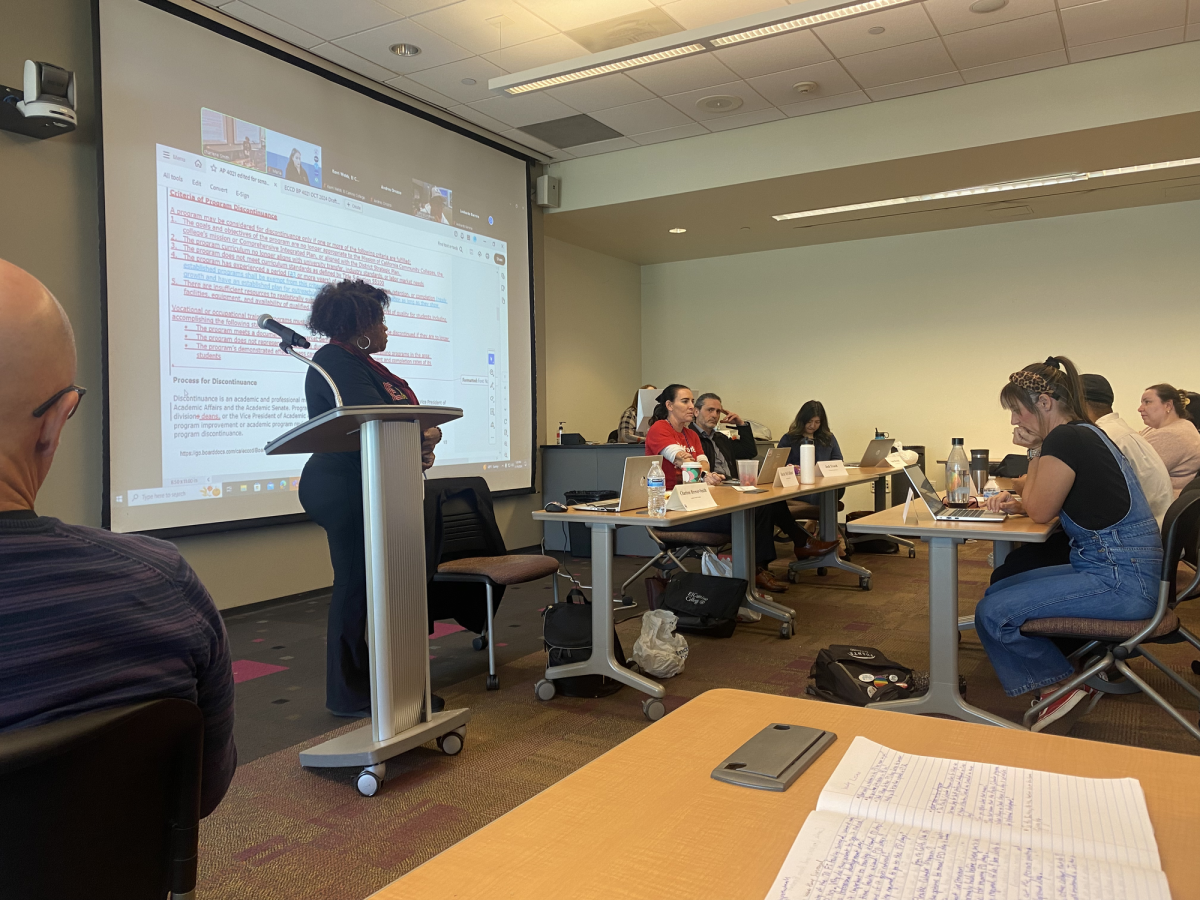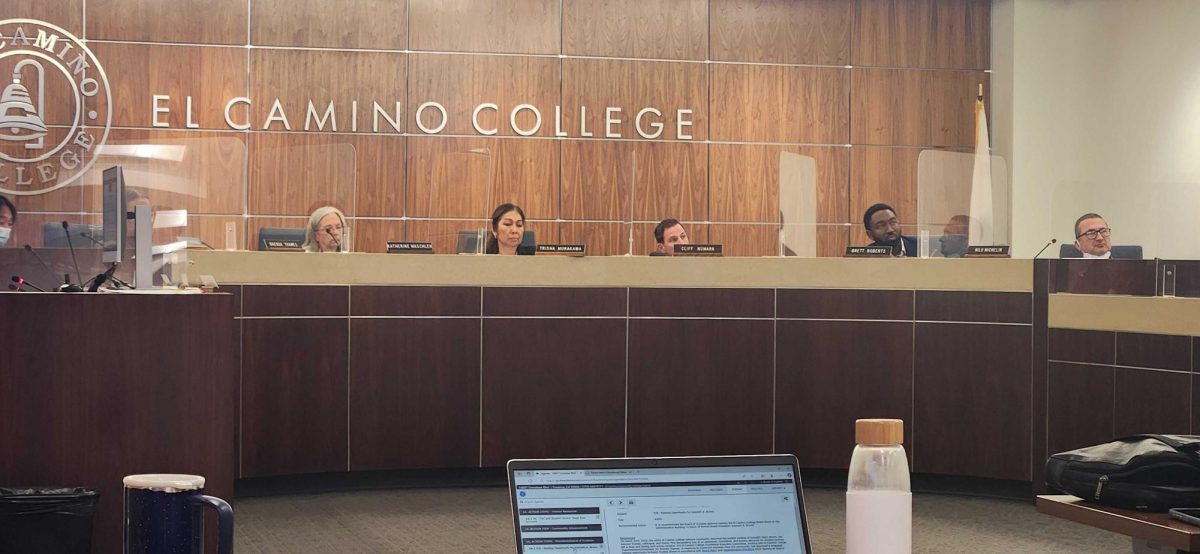Students have the opportunity to increase their chances of being accepted to a university by completing the Honors Transfer Program.
By completing a minimum of six honors classes with a C or better, maintaining a 3.0 GPA, attending seminars and visiting with academic counselors, students can have priority admission consideration to “select” universities such as UCLA, said Angela Simon, Honors Transfer Program director and psychology professor.
“There’s roughly a fifty percent success rate of El Camino students accepted to UCLA, and for students in the honors program, well over ninety percent get in,” Simon said.
“They are considered first when decisions about admissions are made, and that’s a big benefit,” Simon said.
For some, priority consideration is better than no consideration at all.
“There’s a lot of competition these days to get into a good college,” Melissa Lao, biochemistry major said. “At least you get a better chance if you’re a priority rather than just a regular applicant.”
Priority consideration was one of the reasons that Lao said she joined.
“I wanted to get into a good college and I know that they (Honors Transfer Program) have agreements with other colleges,” she said.
However, taking an honors class is much different than taking a regular class, Lao said.
“The instructors that I have had are really enthusiastic about the subject, and there’s more cooperation with other students,” Lao said. “They (students) know they want to get the better grade as opposed to just coming to class and showing up for the tests.”
Typically, honors courses have a greater workload than that of regular courses, designed to be “intellectually stimulating” for students, Simon said.
“The classes help students develop their reading and writing skills as well as their critical thinking skills,” Simon said.
Students who are not in the honors program sometimes have to take the classes due to conflicts with other classes.
Mary Aguilar, nursing major, said she took honors English 1B because it was the only class that would fit on her schedule, she said.
Most of the time, students do not get honors credit for the class they have taken, so it appears on students’ transcripts as a regular class, Simon said.
“This is a big problem,” Simon said. “There’s no way to indicate when you’ve taken an honors course, but we’ve been trying to get that on the transcripts.”
Non-honors students can get credit, but it is their responsibility to contact the Honors Transfer Program office, Simon said.
“The only way for them to get the credit would be for them to contact me, and I would write a letter, saying that so-and-so took this honors class,” Simon said.
Being in the Honors Transfer Program prepares for students university, Lao said.
“They challenge my abilities and make me work a little harder,” Lao said. “I’ll be able to handle the coursework and expectations required of me as a student when I go to a university.”








